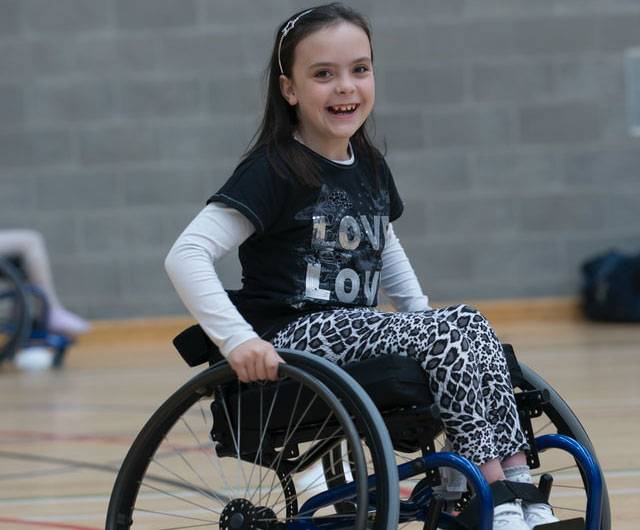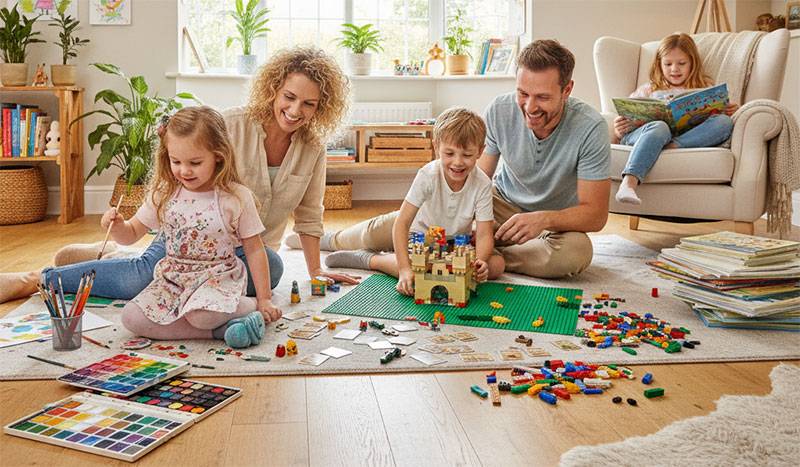Helping Your Disabled Child Play With Others

There are more than 3 million children in America living with a disability – this represents 4.3% of children under the age of 18. For all children, playing with others is extremely important, and helps to improve social skills. Through play, children learn to empathize with others and cooperate together. Learning to collaborate, compromise and deal with other people’s emotions and feelings is an essential part of development.
Personal technology and equipment
It is important for children with a disability to have access to the equipment that they need to be comfortable and happy. If your child has a hearing impairment and has aids, make sure that they are wearing these in a busy playground environment. It becomes easy to get frustrated when you have to filter through layers of noise. If your child has cerebral palsy, cerebral palsy orthotics can help them with walking or running when they are playing. They are worn to provide a base of support and improve gait. The technology and equipment a child has can help them feel confident when they are playing with others so that they can join in with games easier.
Arranging playdates
Organizing a playdate is often a good way to help your child get together with others. You could speak to other parents or ask your child’s teacher if there is a classmate that they connect with. Your child may be more comfortable with having a playdate at home in their own environment. Building a playdate around interesting and fun activities often works well, especially if there is a sensory element. For instance, making your own pizzas is tactile, messy, but very rewarding.
Practice social skills
Forming friendships at any age can take a little practice, and you can help your child by working on this at home. You could do some role-playing and rehearse social skills through play. This will be beneficial to your child when they are out on the playground or at school. Try and give your child plenty of opportunities to test their communication skills with others. For instance, take them to a weekly art class or drama club – let them choose the activity that they are interested in.
Playing with others is important for children and will help them to develop social skills. You can support your child by arranging playdates and giving them lots of opportunities to practice interacting with their peers.

